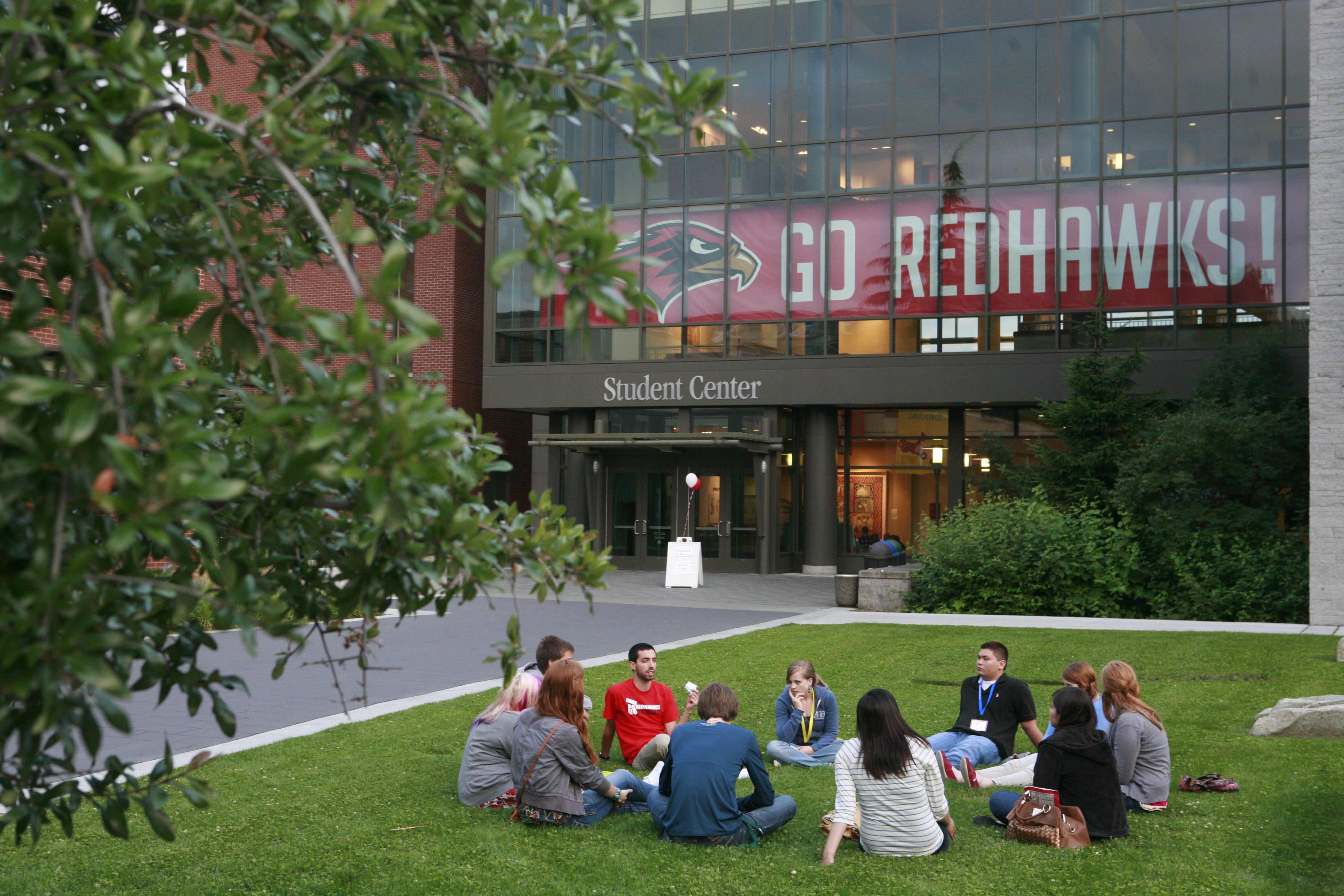Potential and newly accepted students will often reach out to the social work program to talk with a student about their experience. Oftentimes the questions will be very similar, which is how I have come up with this list. I hope it is helpful in determining if this is the right program for you or solidifying your decision to accept your admission.
- What does commuting look like? Do most students commute?
- Living closer to the school can often mean higher housing costs because of the desirable area it is in. This means that much of my cohort has commuted these last two years, including myself. I live in Mountlake Terrace, which is about 30 minutes north of the school, but this commute has not been a stressor for me because we only have classes 1-2 days a week. A day parking pass for on-campus parking can be purchased for $7-$8 dollars if you purchase it online through the iParq.
- What do the housing costs look like in Seattle?
- Housing in Seattle can be very expensive, especially if you are trying to live close to campus. Some of the best ways to find affordable housing is to find a room to rent or find housing right outside of Seattle. Some of the areas that may have more affordable housing near the Seattle area include Shoreline, Renton, Lynnwood, and Burien.
- Does the school offer health insurance?
- The university does offer health insurance, but it is not included in the tuition for graduate students. I have had this insurance for the last two years and it has worked well for the time being. Find out more about this insurance here.
- What has been your favorite part of the program?
- My favorite part of the program has been my practicum experience. In my first year I provided clinical case management services to the unhoused community, which was amazing experience and allowed me to better understand our social service system. In my last year I worked as a behavioral health trainee with Swedish, which has allowed me to get more experience in providing one on one therapy. Both experiences have given me confidence in my job search and a better understanding of what I would like to do outside of the program.
- Do you feel like the program has prepared you for employment after graduation?
- I can confidently say yes. After two years of practicum and classes, I feel so ready to start working after graduation and I feel confident in my skills. In addition to this, because there is such a high need for mental health professionals in Washington State the job search has been very successful. I have been able to do many informational interviews, allowing me to vet many of the organizations to make sure I am finding the best position for myself.
- Can you work while in the program?
- Working while in the program can be hard because of the busy schedule. You should plan on having practicum 2-3 days per week and classes 1-2 days per week. This schedule in addition to your schoolwork can make it very hard to have time for another job. I have worked for the school for about 2 years as a graduate assistant, which allowed me to set my own hours and work as little as 5 hours a week if needed.

